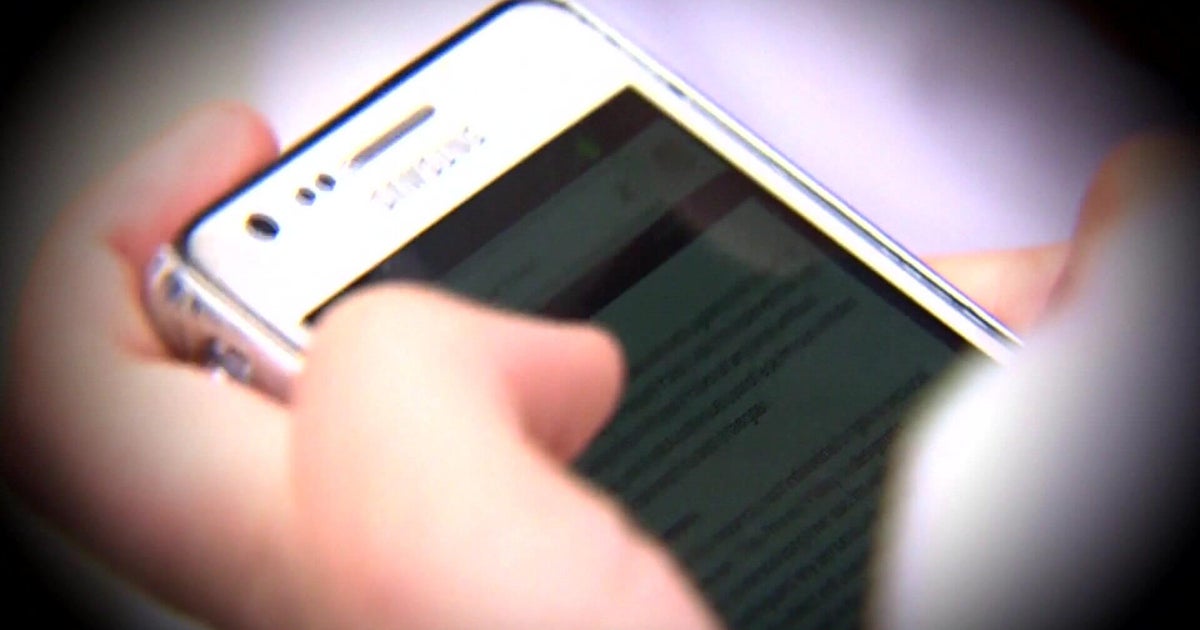Laser Cap Helps With Hair Loss
MIAMI (CBS4) – Hair loss affects millions of men and women, and the results can be devastating. It's estimated 35-million men and 21-million women are affected by hair loss. What's more staggering is the money spent each year on hair loss products, $176-million in 2009 alone. Now, there's a new device on the market, it's a hat for hair loss.
Miles Keith started noticing a change in his hair about 10-years ago.
"I noticed that when I would shower and wash my hair I would have strands of hair shedding into my hands and floating down the drain."
He tried Rogaine but it was too expensive, then he had hair transplants put in.
"I'm told that which has been transplanted I will not lose but that which is surrounding the transplanted hair is subject to falling out."
So Miles decided to start wearing a cap, but it's not just any hat.
"People don't know what I have underneath that cap."
Underneath is the Laser Cap a battery operated device that contains 224 lasers to stimulate hair follicles.
That's almost 3 times the lasers in most laser machines.
"You're basically preventing the existing hair from falling out," explained Tim Reed, the director of the Center for Hair Enhancement in Plantation.
He said the biggest benefit of the laser cap is convenience.
"This allows them to do this while they're driving to work, while they're out gardening, while they're watching TV. And actually they can be out in public and no one would even know that they're having laser hair therapy done," explained Reed.
Studies have proven using laser therapy for 30 minutes every other day can help prevent further hair loss.
Reed said wearing the cap longer won't help or hurt.
"There are no known side effects to laser hair therapy so people don't have to be concerned. It can be used by anybody. In fact it can be used by people who have had hair transplants."
That's the case for Miles who started using it in January.
"Since I've started it I've noticed I have less shedding after washing my hair. My hair feels thicker, fuller."
There are hats for both men and women. The device costs $3,000.







